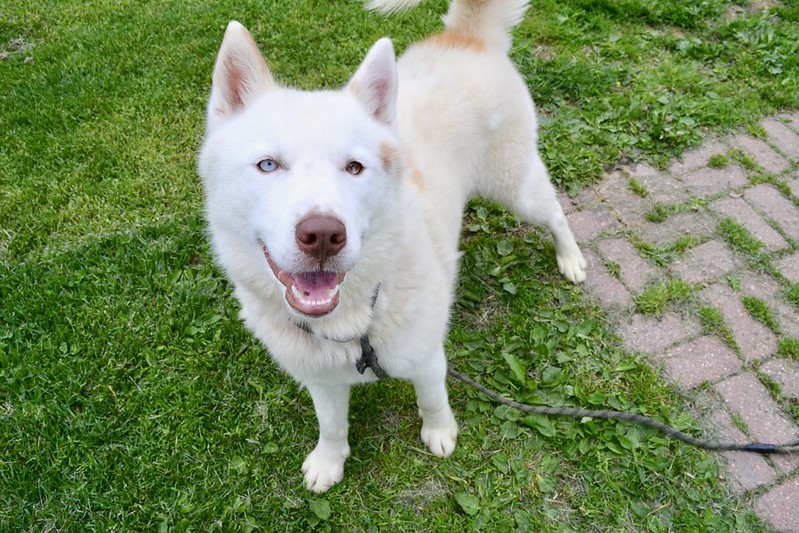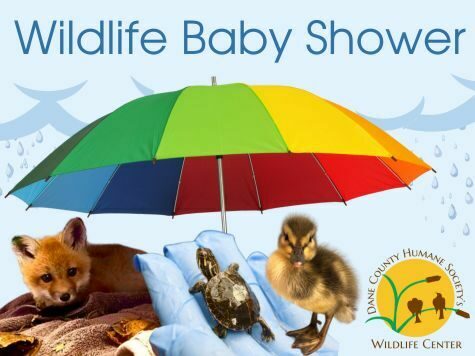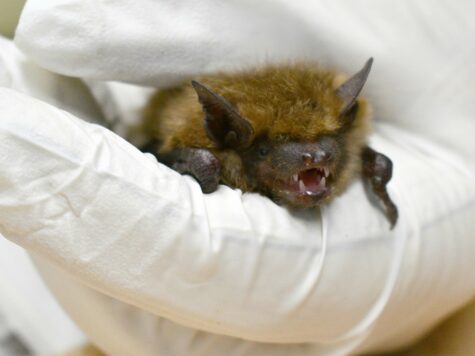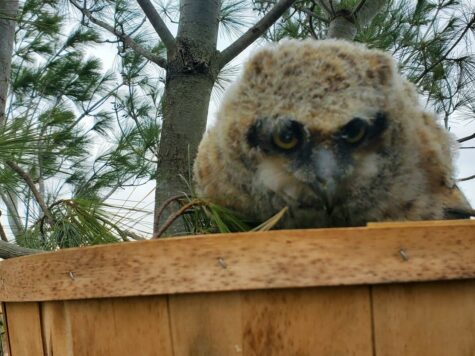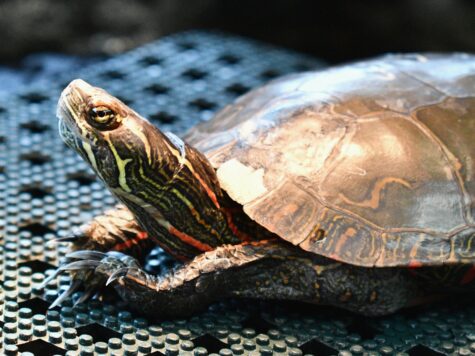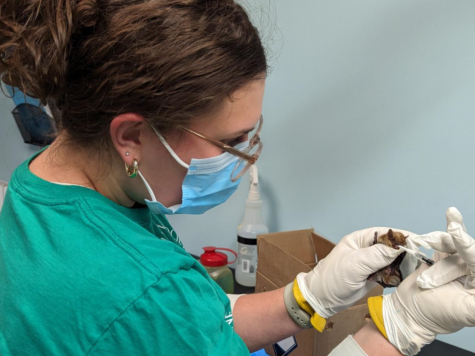“Hank and his new dad seemed to be two reunited souls,” says Cece Marzano, a Shelter Resource Counselor at Dane County Humane Society (DCHS). “Hank truly came alive when he met Jerome.”
Hank, a white and tan Siberian husky mix, went home with his new dad in July of 2021, and they’ve thrived together ever since. But Hank had a long, and at times challenging, road before finding his new family.
As an open-admission shelter, DCHS accepts all animals who need assistance regardless of age, health status, or temperament. This means animals come to DCHS with varied needs – some need immediate medical attention, some simply need food and shelter, some need vaccinations, and some need extra help learning their manners. Hank fell into this last group.
Hank arrived at DCHS in May of 2021 from an overcrowded shelter in Mississippi. We noticed shortly after his arrival that he was uncomfortable, stressed, and fearful. He didn’t want to be touched, became tense with any sort of body handling, and carefully guarded his food.
Veterinary staff started him on stress-reducing medication, and the Canine Behavior Team (CBT) stepped in to provide behavioral support that could relieve anxiety. As Hank began to settle in, there were moments when he was loose and wiggly, a relaxed and comfortable dog, but there were still many moments when he was clearly concerned by his surroundings.
Hank liked to show affection by jumping on his friends and mouthing their hands. Aptly named “jumpy/mouthy,” this kind of behavior is rarely related to dominance or aggression; it’s a normal canine response to excitement, energy, or stress – three things Hank had in abundance.
All of this made it clear that Hank would need a little extra help getting ready to go home.
CBT’s Behavior Modification program helps dogs that need extra training to be successful in a new home. Through a Behavior Modification plan, each dog receives daily, dedicated training time from people who follow set protocols and keep detailed notes.
“The Behavior Modification program works on unwanted behaviors, and in turn, helps the dog be a better family member,” says Jessica Marchant, Canine Behavior Team Supervisor. “We work on specific behaviors that the dog is showing in the shelter and showed at home if we know the behavior background.”
Jessica and CBT assigned Hank a Behavior Modification protocol designed to work on body handling and over-excitement.
“While on Behavior Modification, he was bouncing back and forth from tense, jumping up, mouthing, and freezing to calm, playing fetch, doing better with body handling,” says Jessica. “We worked on conditioning him to a Gentle Leader (a type of collar), which helped him calm down and enabled the team to better handle him.”
During his weeks on a Behavior Modification plan, Hank gradually improved. Still, DCHS staff knew he would need a special family, ideally someone who had experience with huskies and who was prepared to handle Hank’s BIG personality.
Luckily for Hank, his perfect match was out there looking for him.
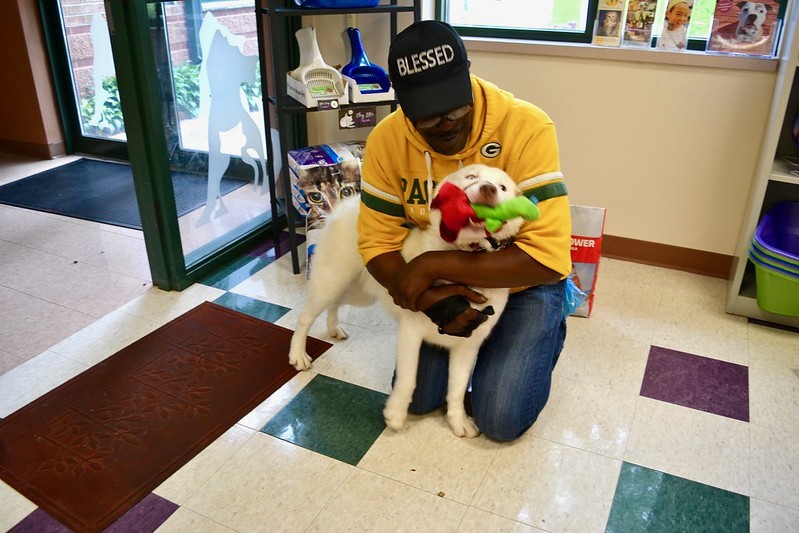
“I fell in love with Hank after seeing him on the Humane Society website,” says Jerome Holliday, Hank’s new dad. “I knew he was a perfect fit for me.”
Jerome came to meet Hank at the shelter, and it was immediately obvious they were meant to be.
“Jerome simply crouched down and said, ‘my baby!’” says Cece. “And Hank was a puddle in his lap. One of my best adoption looks to this day!”
Jerome had an understanding of huskies and couldn’t wait to take Hank on long walks and runs. He was also provided with specialized information on Hank’s behavior.
Jessica explains, “When adopters come in to meet a dog, the Adoption Center staff will go over the Behavior Modification spreadsheet, where all the people who worked with the dog write up what they worked on, how the dog did with the protocols, and if the dog learned a different way than what was on the protocol. Each dog has handouts for their particular behavior and explanations for how to continue to work with them.”
Jerome continued the work Hank started in his Behavior Modification plan. “He has learned how to fetch his toys and bring them back, especially when he is at the park,” says Jerome. “Hank is friendly and gets along great with any pet, including cats! He is also great around people.”
In addition to learning manners, Hank is learning how to be a good friend to Jerome. “The other night, Hank woke me up out of a devastating nightmare,” Jerome explains. “I felt his cold nose and his head under my arm to wake me up. This behavior is alert and outstanding for my health. He has become a precious joy in my life.”
It’s thanks to your generous support that DCHS can give dedicated time and attention to animals like Hank who need a little extra training to be successful in their new homes. Together with you, our incredible community, we can reunite lost souls and create new loving families, just like Hank and Jerome. Thank you!
Natasha Saidikowski is the Donor Engagement Coordinator at DCHS.
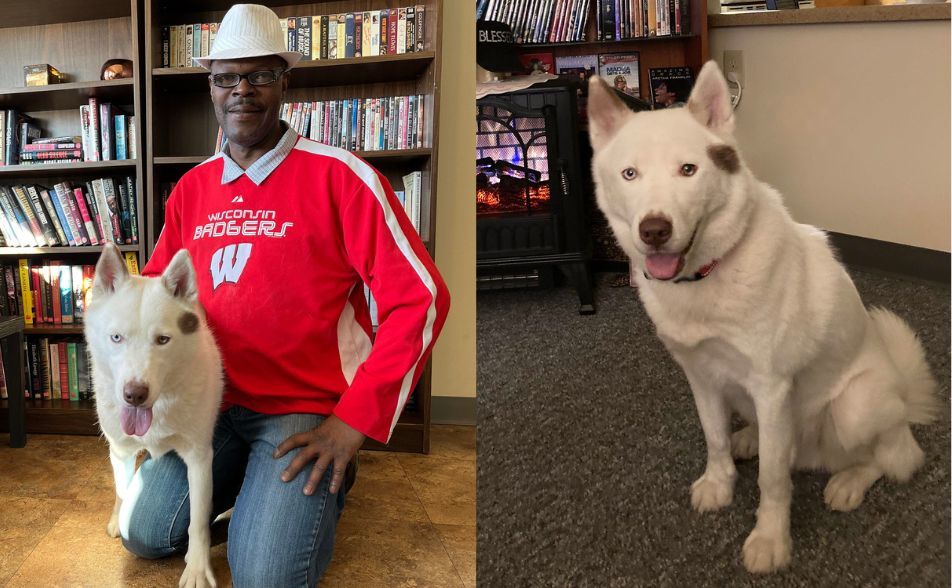
2021 Annual Report
Canine Behavior Team
Animal Medical Services
